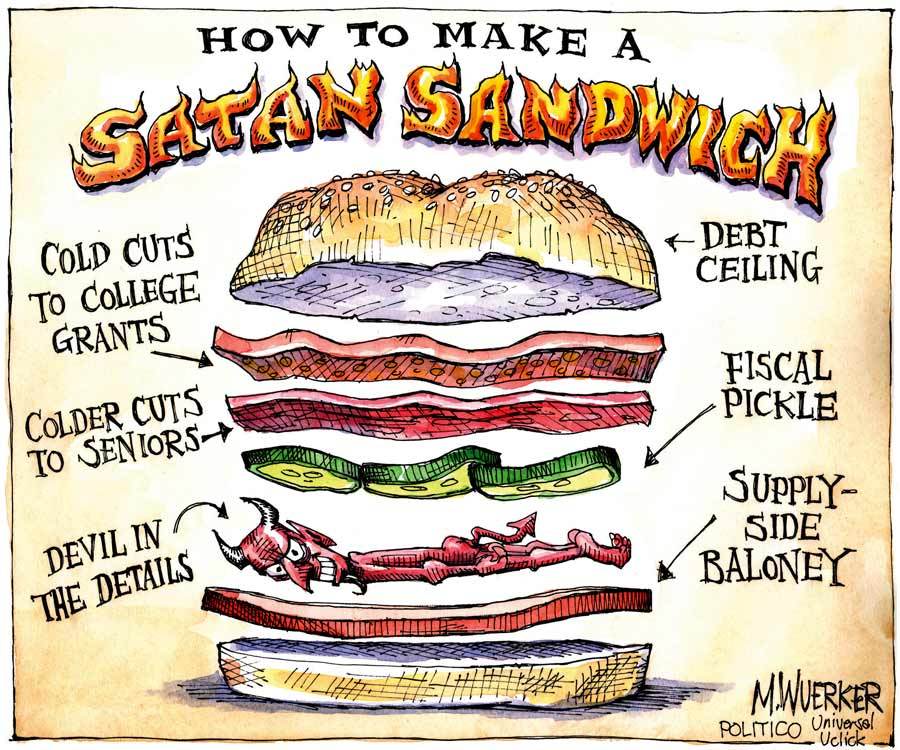The stations nearest me aren't alone, as the Detroit Free Press reports Michigan gas prices down 12 cents from last week to $3.45/gallon. That's the good news. The bad news is that's fifteen cents higher than at this time last year.
Before I break out Professor Farnsworth, I want to see what Reuters says.
Brent oil falls as weak US data offsets China optimism
NEW YORK, Dec 3 (Reuters) - Brent oil prices turned lower on Monday after data showed U.S. manufacturing activity slowed to a three-year low, offsetting more optimistic figures from China.According to the gas price calculator at Econobrowser, a Brent price of $110.92/barrel translates to a price at the pump of $3.61. Gas is selling cheap! Time for Professor Farnsworth.
...
London-traded Brent crude fell 31 cents a barrel to settle at $110.92, below its 200-day moving average, having
risen to more than $112 a barrel earlier on Monday.
U.S. crude futures rose for a third straight day, gaining 18 cents a barrel to settle at $89.09. Earlier on
Monday, U.S. crude had topped $90 a barrel.
Brent's losses were attributed by some traders to bets on a further narrowing of the price spread between Brent and its U.S. counterpart. Brent's premium CL-LCO1=R fell below $22 a barrel on Monday, down from as much as $23.42 last week.

Or maybe not.
Continuing uncertainty about negotiations on the U.S. budget helped pressure oil prices and equities on Wall Street.Don't look now, but it's another Satan Sandwich.
...
Fuelling investor caution about demand for oil is the uncertainty about talks on mandated U.S. tax hikes and spending
cuts investors fear may pull the world's biggest economy back into recession.
U.S. House of Representatives Republican leaders on Monday called for $2.2 trillion in new deficit-reduction over 10 years in their latest effort to avert an end-of-year "fiscal cliff".

No comments:
Post a Comment